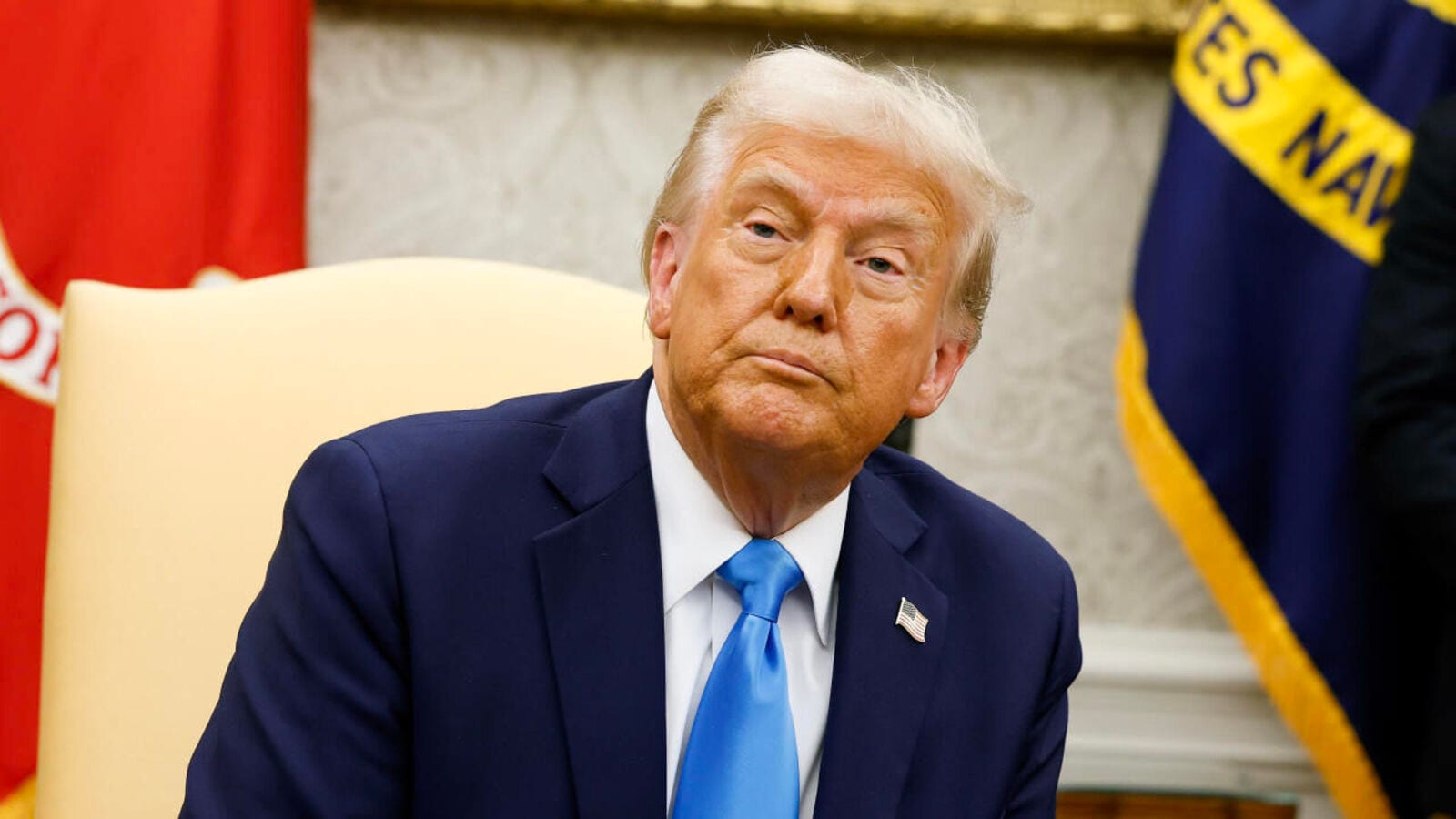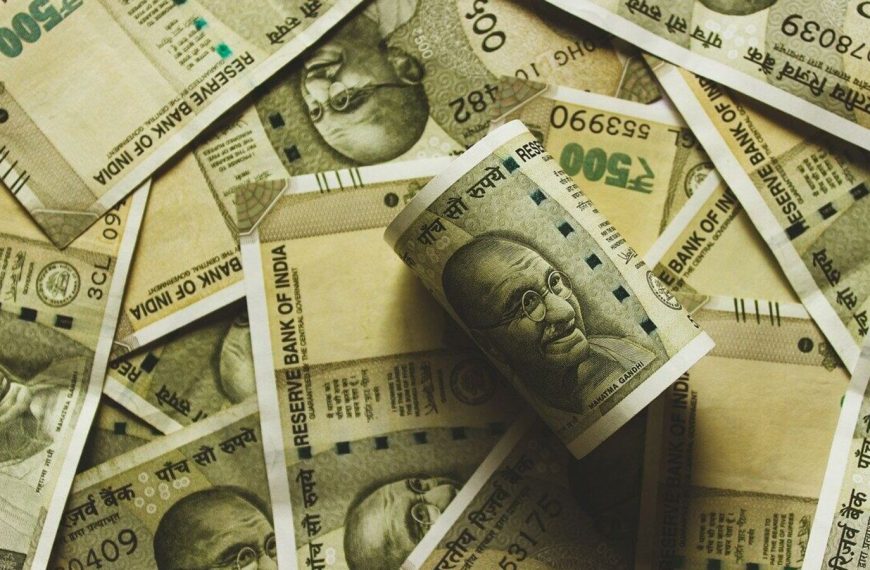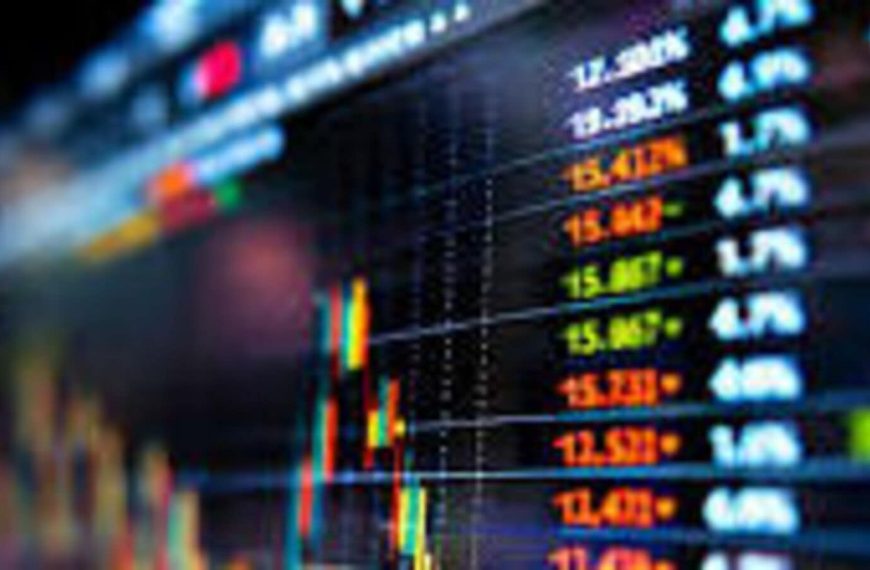The recent announcement by former President Donald Trump regarding reciprocal tariffs has sparked significant anxiety about a potential global recession, leading to a notable downturn in the stock market. According to economist Michael Feroli, this anticipated slowdown in economic activity could result in a rise in the unemployment rate to 5.3%.
The Tariff Battle Begins
On April 2, Trump revealed plans to implement a 10% baseline tariff on all imports, while specifying different rates for certain countries. In retaliation, just two days later, China declared a staggering 34% tariff on all American goods. Trump responded by imposing the same 34% tariff on China, emphasizing his belief that the Asian nation had miscalculated its strategy. He took to Truth Social, stating, "China Played It Wrong, They Panicked – The One Thing They Cannot Afford To Do!"
Stock Market Reactions
The repercussions of these tariff announcements were immediate. The S&P 500 experienced a significant decline of 6%, marking its worst week since March 2020 when the pandemic severely impacted the global economy. The Dow Jones Industrial Average plummeted by 2,231 points or 5.5%, while the Nasdaq Composite suffered a 5.8% drop, falling over 20% from its record high in December.
- Market Impact:
- S&P 500: -6%
- Dow Jones: -5.5% (2,231 points)
- Nasdaq: -5.8%
The U.S. stock market has witnessed a staggering loss of over $5 trillion amid this tariff conflict.
Concerns from the Federal Reserve
Federal Reserve Chair Jerome Powell expressed his worries regarding the economic outlook, highlighting the potential for heightened inflation and sluggish growth due to ongoing trade tensions. He stated, "We face a highly uncertain outlook with elevated risks of both higher unemployment and higher inflation," while also indicating that there was no immediate need to lower interest rates.
Insights from Economic Experts
Mark Zandi, Chief Economist at Moody’s Analytics, weighed in on the situation, warning that if tariffs of 25% are swiftly implemented and retaliated against, both the U.S. and global economies could face severe recessions, although not a full depression. He predicted a decline in real GDP by nearly 2% and an increase in unemployment from 4% to 7.5% by next year, attaching a 15% probability to this grim scenario.
Potential Federal Reserve Actions
In response to the economic climate, JP Morgan & Co. anticipates that the Federal Reserve may cut the benchmark interest rate as soon as June, potentially lowering it to a range of 2.75% to 3% by January, down from the current 4.25% to 4.5%.
Trump’s Call for Rate Cuts
Trump has urged Powell to take action on interest rates, arguing that low inflation and robust employment figures present an opportune moment for a rate cut. He stated, “This would be a PERFECT time for Fed Chairman Jerome Powell to cut Interest Rates,” emphasizing the recent drop in energy prices and inflation.
Economic Outlook
Peter Tchir, head of macro strategies at Academy Securities, warned, “We are rapidly headed towards recession.” He described the recent tariff announcement as a disaster for both the U.S. and the global economy.
The unfolding trade war and its impact on economic stability continue to be pressing concerns for experts and investors alike. As the situation develops, market participants will be watching closely for any signs of recovery or further turmoil.











